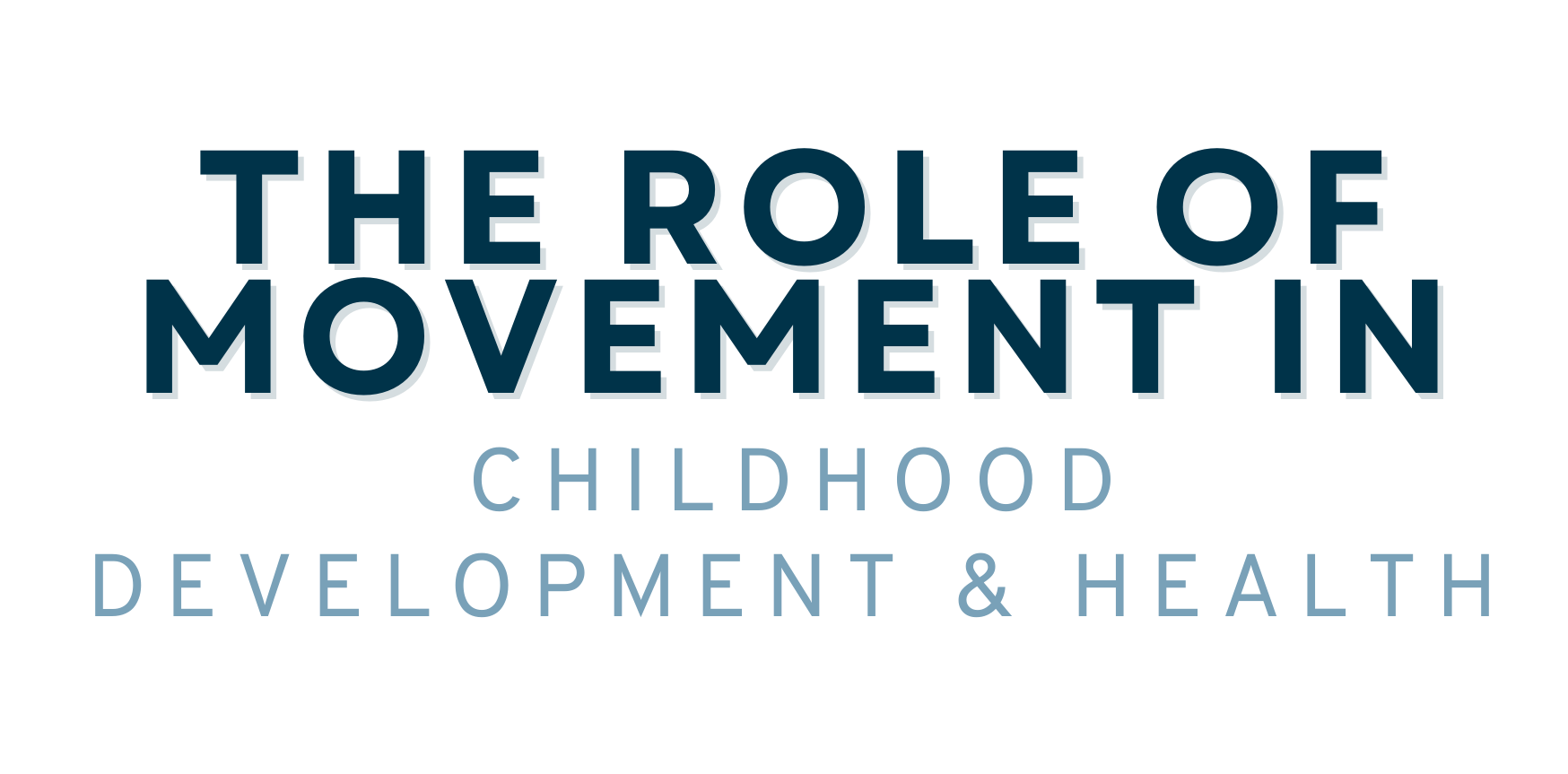Maybe you see how this is affecting their physical and emotional health, or how unhealthy behaviours are affecting their ability to learn and cope at school. If you would like to be armed with more knowledge, insight and skills to turn things around for these kids, or to make sure kids don't go down this route, then this course is for you. This course provides current scientific evidence on movement behaviours, specifically physical activity, sedentary behaviour (including screen time), and sleep. Fundamental movement skills, and their relationship to physical activity in children, are also covered this course. Furthermore, one of the modules of the course specifically addresses referrals to health professionals who can assist with promoting healthy movement behaviours in children and adolescent, and who can provide the right intervention where it is needed. After completing this course, you will be able to recommend and promote these health behaviours for children and adolescents in a more effective and evidence-based way, which can ultimately be a huge benefit to the children and adolescents you work with.
This course is for a range of practitioners who would like to improve their understanding of movement behaviour in children and adolescents. Practitioners may include (but not limited to) doctors, other health practitioners, allied health practitioners, primary and secondary school educators, and early childhood development practitioners.This course assumes that participants have had some form of tertiary education and/or training related to their profession.
Key target groups:
- Medical practitioners, e.g. general practitioners, paediatricians
- Other health practitioners, e.g. biokineticists, occupational therapists, physiotherapists
- Allied health practitioners, e.g. chiropractors
- Primary and secondary school educators
- Early childhood development practitioners
- Parents
- Define key movement behaviours in childhood and adolescence: physical activity, sedentary behaviour and sleep.
- Advise on recommendations for these movement behaviours in childhood and adolescence.
- Identify movement skills that help to facilitate physical activity in childhood.
- Explain the role of these movement behaviours and skills in promoting the health and well-being of children and adolescents.
- Conduct basic assessments of movement behaviours and skills with children and adolescents.
- Provide practical advice on promoting these movement behaviours and skills for children and adolescents.
- Refer effectively to relevant health professionals to assist with promoting these behaviours and skills amongst children and adolescents.
This course assumes that participants have had some form of tertiary education and/or training related to their profession, at NQF Level 4 or higher.
Each module will have four multiple choice questions. Students will have unlimited attempts to answer these questions. A certificate of completion will be issued once all of the assessments have been completed.


